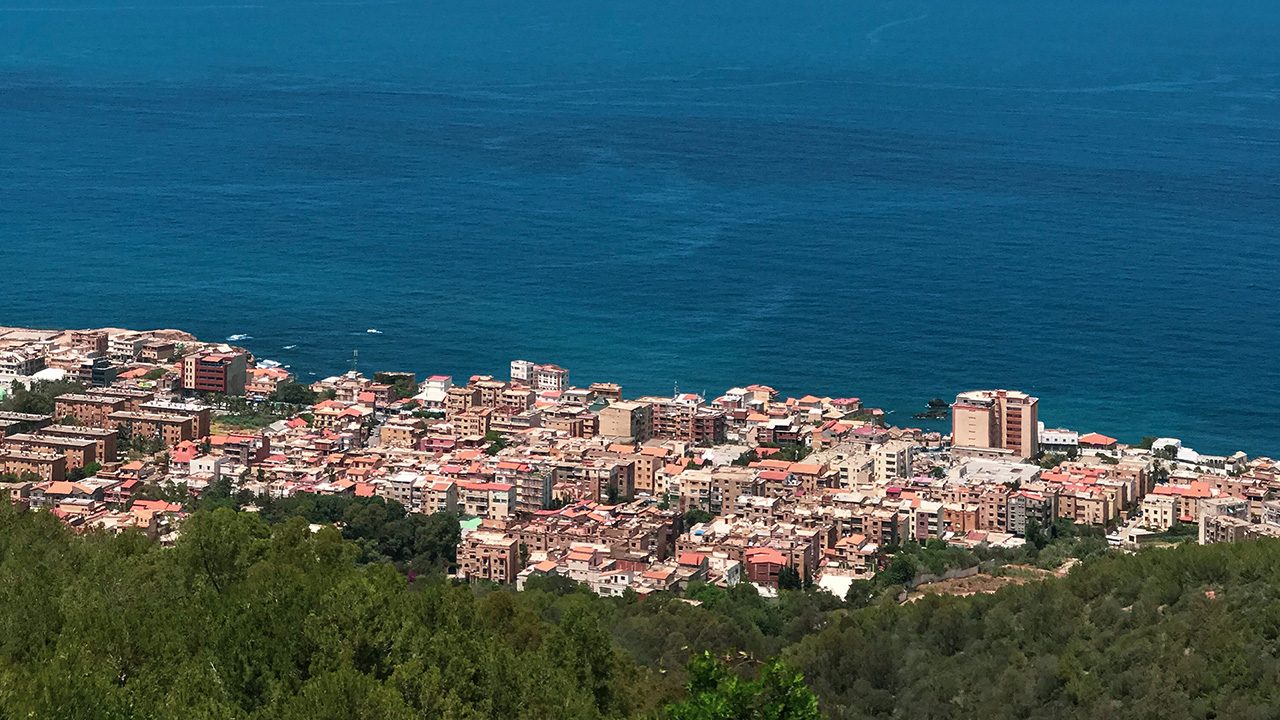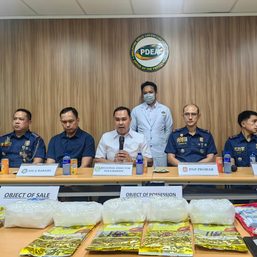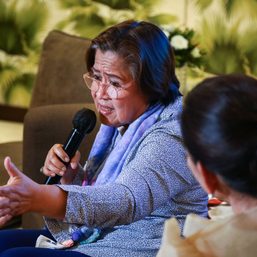SUMMARY
This is AI generated summarization, which may have errors. For context, always refer to the full article.

MANILA, Philippines – Eight Filipino seafarers have been in limbo for around three months since they were arrested by Algerian police which discovered suspected cocaine aboard the container vessel they were working on, a consultant from their manning agency said.
According to a memo from Greece-based Eastern Mediterranean Maritime Limited (EASTMED) dated October 25 that Rappler obtained on Tuesday, November 14, Algiers police seized approximately 35.8 kilograms of alleged cocaine on board its container vessel, Haris, on July 28.
Eight Filipino crew members were arrested following the discovery, and were kept in a detention center by order of the presiding investigating judge.
Three months later, the eight seafarers have not been able to contact their families, nor representatives from their agency or Philippine authorities, according to Captain Edgardo Flores. Flores was the general manager of Eastern Mediterranean Manning Agency, the local counterpart of EASTMED providing the latter manpower, before his retirement in June. He continues to work as a consultant for the manning agency.
In the October 25 memo, Captain Spyridon Pierratos, marine personnel manager of EASTMED, upheld the clean records of the seafarers, noting that they were professional licensed seamen who graduated from maritime schools, and had clean criminal records.
“There had been no suspicions or indication that they may have been involved in any malicious or criminal activity,” said Pierratos.
EASTMED added that the vessel had no previous calls to Algiers nor any other port in Algeria, and the eight Filipinos had no recorded connections or previous presence in the North African country.
No charges, court hearings yet
Only lawyers EASTMED hired in Algeria have been able to communicate with the seafarers so far. Flores said that the latest from the lawyers was that the Filipinos still have no scheduled court hearings, and they still do not have any charges filed against them.
The seamen are also allegedly being physically harmed by fellow detainees, Flores said in a phone call with Rappler on Tuesday.
The company hopes that they can at least process bail for the seafarers, even if Algerian authorities require house arrest or detention in a different facility, so that the seamen do not have to deal with prison conditions.
EASTMED acknowledged that drug trafficking is a serious offense, and that it too wanted an end to the practice of international crime cartels using commercial ships to hide drugs to the ignorance of the companies and crew.
“We are fully committed to assist the investigating authorities. However, prolongation of the detention of the eight crew members… does not add anything to the investigations or to combat against organized crime. At the same time, it exposes professional seamen to disproportionate threats with potential detrimental consequences,” said EASTMED.
“It breaks my heart… Nothing has been proven,” said Flores. “We cannot help them even when we are trying our best to make contact with them.”
The manning agency and the families have also been seeking help from the migrant workers and foreign affairs departments, but they have been told to wait, Flores said.
Rappler sought comment from the Department of Migrant Workers and the Philippine embassy in Libya, which has jurisdiction over Filipinos in Algeria, but neither have given an official update on the case as of posting. We will update this story once we hear from them.
Flores, who has been a seafarer for decades, said it is a “normal” criminal practice of stevedores or port workers getting paid to smuggle drugs on a vessel, which may have been the case with the Haris. – Rappler.com
Add a comment
How does this make you feel?


![[WATCH] Mary Jane Veloso’s mother pleads Marcos, Jokowi anew: Free my daughter](https://www.rappler.com/tachyon/2024/01/mary-jane-veloso-cesar-celia-protest-clemency-january-10-2024-005-scaled.jpg?resize=257%2C257&crop=717px%2C0px%2C1706px%2C1706px)











There are no comments yet. Add your comment to start the conversation.